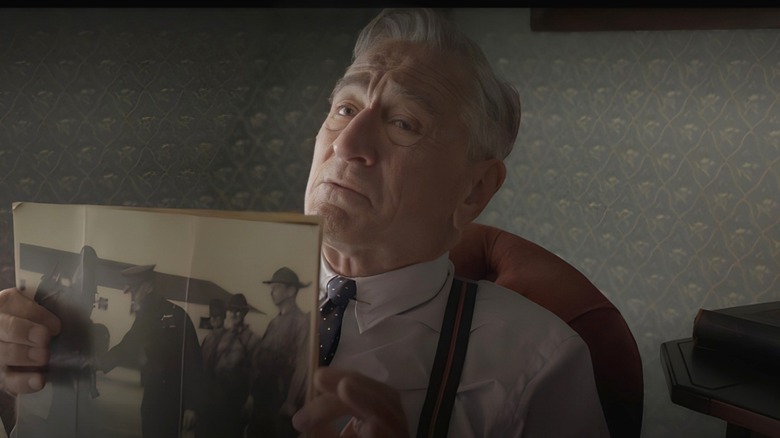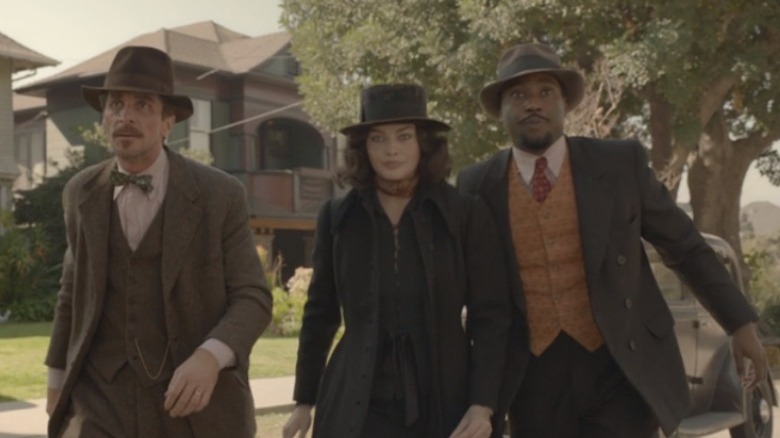Amsterdam: The True Story Behind The Comedic Mystery Thriller
There are plenty of reasons that David O. Russell's epic mystery-thriller-comedy "Amsterdam" flopped at the box office, but pinning the blame on any one factor is more than a bit challenging. According to some, it's that our post-pandemic watching habits have changed too irrevocably, to others that too many people have lost their stomach for "prestige films." But for others, including many critics, it simply came down to the film itself and its failure to achieve what it was really going for. Our friends at /Film have pointed to the movie's tonal inconsistency as a big problem, which might have been inevitable given that what starts out as a relatively straightforward murder mystery eventually spins out into uncovering a grand plot to overthrow the United States government
It also could very well be that when you try to give something like the 1933 Business Plot the comedic treatment, such inconsistencies are inevitable. But then, on the other hand, it's difficult to deny that there is something patently absurd about both the plot of the movie and the very real plot that it was based on.
As unpredictable and unhinged as the world gets, it is still very difficult for many Americans to believe that the government of President Franklin D. Roosevelt came close to being overthrown in a fascist coup at the height of the Great Depression.
The film is based on a real-life plot to overthrow the government
Also sometimes called the Wall Street Putsch, the Business Plot came as the massive economic depression that followed the 1929 stock market crash was at its worst. Millions were out of a job and Hoovervilles — shantytowns named for the president who presided over the crash and a flurry of ineffective relief programs — sprung up all over the country. In the face of this Franklin Roosevelt won the 1932 election in a landslide.
Not everyone was so enthused that Roosevelt had won. Many of America's captains of industry and finance were, in fact, quite panicked by his campaign promises. In 1934, Smedley Butler, a retired major general, testified before a congressional committee that he had been approached by a man representing a consortium of millionaires and titans of industry. Butler alleged that they wanted him to lead an army of military veterans to march on Washington, arrest Roosevelt, and install a dictatorship.
It's here that the events in "Amsterdam" overlap with history the most. Robert De Niro's character, General Gil Dillenbeck, is strongly based on Butler. Of course, Butler refused to go along with the Business Plot, and his testimony was dismissed as nothing more than a hoax. Even newspapers like the New York Times refused to take it seriously. Today, most historians agree that the Business Plot was alarmingly real, though how close it was to being carried out, and how effective it might have been, are different matters.

